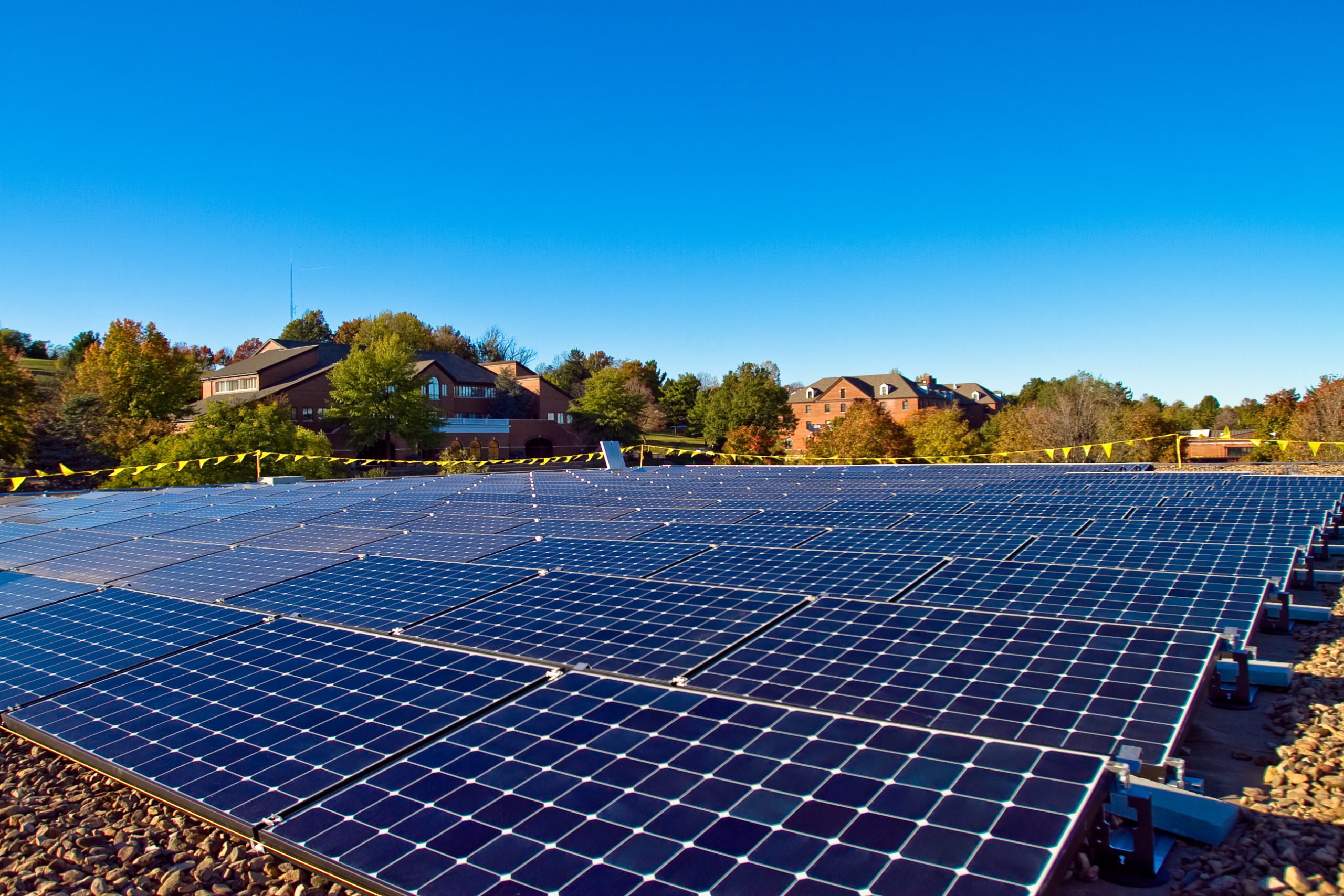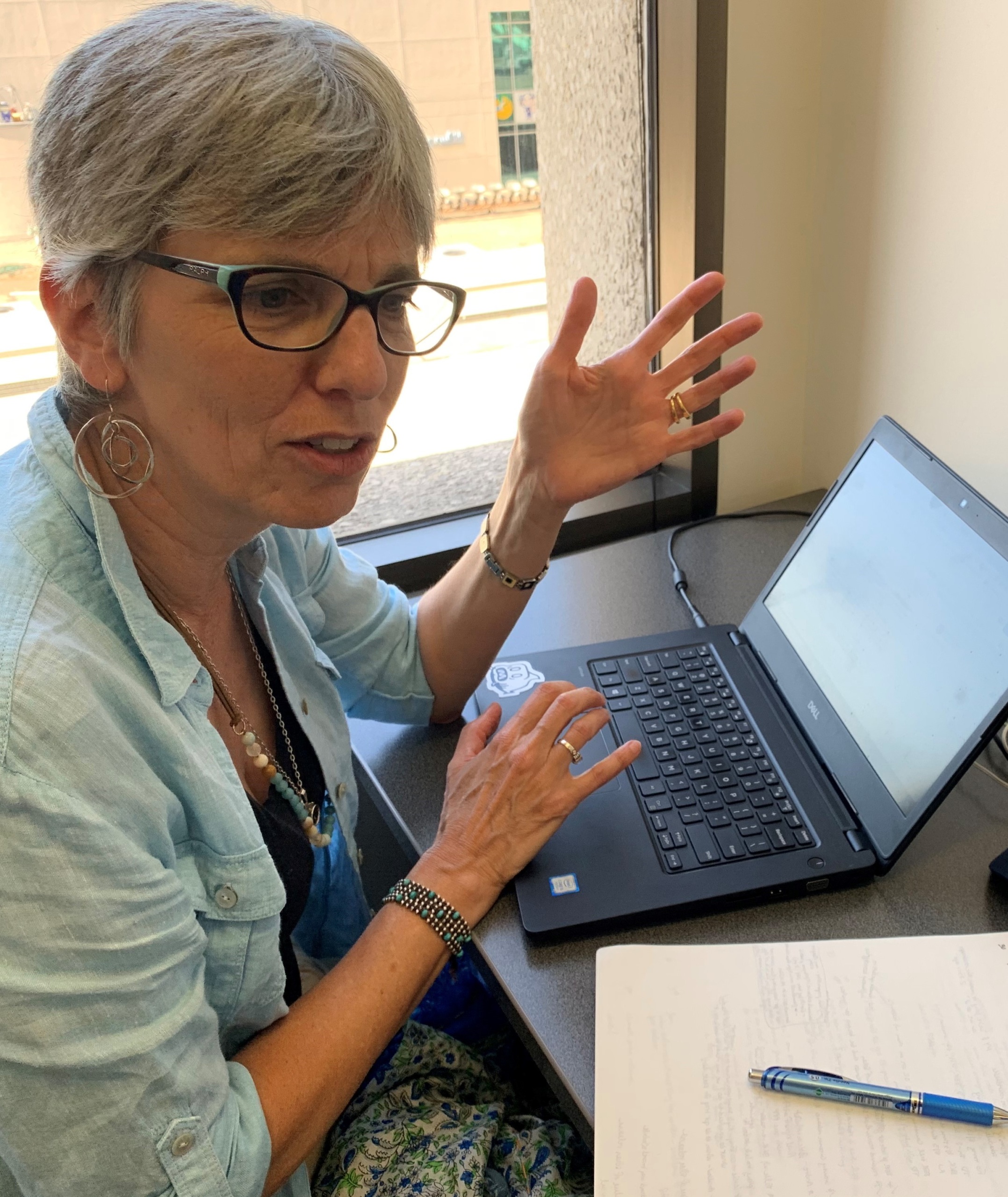
November Newsletter: Cleaner, quieter lawn care
November 2023 newsletter
Clearing the air with electric lawn equipment
Gasoline-powered lawn and garden equipment – lawn mowers, string trimmers, leaf blowers and other machines – is noisy and produces a surprising amount of air pollution. Across the country, these machines emit more carbon dioxide every year than is produced by the entire city of Los Angeles. The good news, as we lay out in our most recent report, Lawn Care Goes Electric, is that battery-powered equipment can accomplish most yard tasks while being quieter and cleaner than gasoline-powered models. On our interactive website, you can see how much pollution is produced by gasoline-powered lawn and garden equipment where you live. The report was covered by the Houston Chronicle, the Philadelphia Enquirer and Grist.
Renewable energy is on the rise
America produces more than three times as much power from the sun, the wind and the earth as we did in 2013, with growth in all 50 states. Key technologies such as electric vehicles and battery storage are also booming, helping to repower America with clean energy. On our updated interactive Renewables On The Rise dashboard, you can explore the growth of renewable energy technologies in your state and across the nation. Senior Policy Analyst Tony Dutzik joined Environment America to brief state lawmakers and legislative staff on the findings, and the report was covered by the Pittsburgh Post-Gazette and several other local publications.
Is the energy demand of cryptocurrency and AI worth it?
Energy demand for computing is skyrocketing in the U.S. and around the world, in part because of the emergence of new products and services such as cryptocurrency and artificial intelligence (AI). That increased energy demand threatens to slow efforts to decarbonize our energy system and address global warming. Policy Associate Abigail Ham’s new “fact file” delves into the energy consumption of these new technologies, and a follow-up piece stacks that consumption up against the social value they provide, ultimately urging a “society-wide conversation about what’s worth using energy on at all.”
In other news
Senior Policy Analyst Tony Dutzik discussed policy tools to limit wasteful highway expansion with grassroots leaders at the Freeway Fighters Network summit in Cincinnati, just weeks before the upcoming release of our eighth Highway Boondoggles report with U.S. PIRG Education Fund … On the Frontier Group website, Senior Policy Analyst Elizabeth Ridlington asked “How useful are hospital price transparency tools?” after a recent emergency room visit, and, after some digging, found the answer to be “not very”… Policy Associate Abigail Ham made an environmental and wellness case for buying less, even in a culture of consumerism … Policy Associate Louis Sokolow highlighted the considerable carbon emissions and textile waste from returning clothes purchased online and provided tips to reduce one’s impact … Policy Analyst James Horrox argued that marine protected areas (MPAs) are the best hope for the ocean – but only if the protections are real.
Topics
Authors
Susan Rakov
Managing Director, Frontier Group; Senior Vice President, The Public Interest Network
Susan directs Frontier Group, the research and policy development center for The Public Interest Network. Frontier Group’s work informs the public discussion about degradations to the environment and public health, threats to consumer rights and democracy, and the available routes to a better future. Susan lives in Santa Barbara, California; she has two children, a husband, and a dog, and is an amateur singer/songwriter.
Find Out More
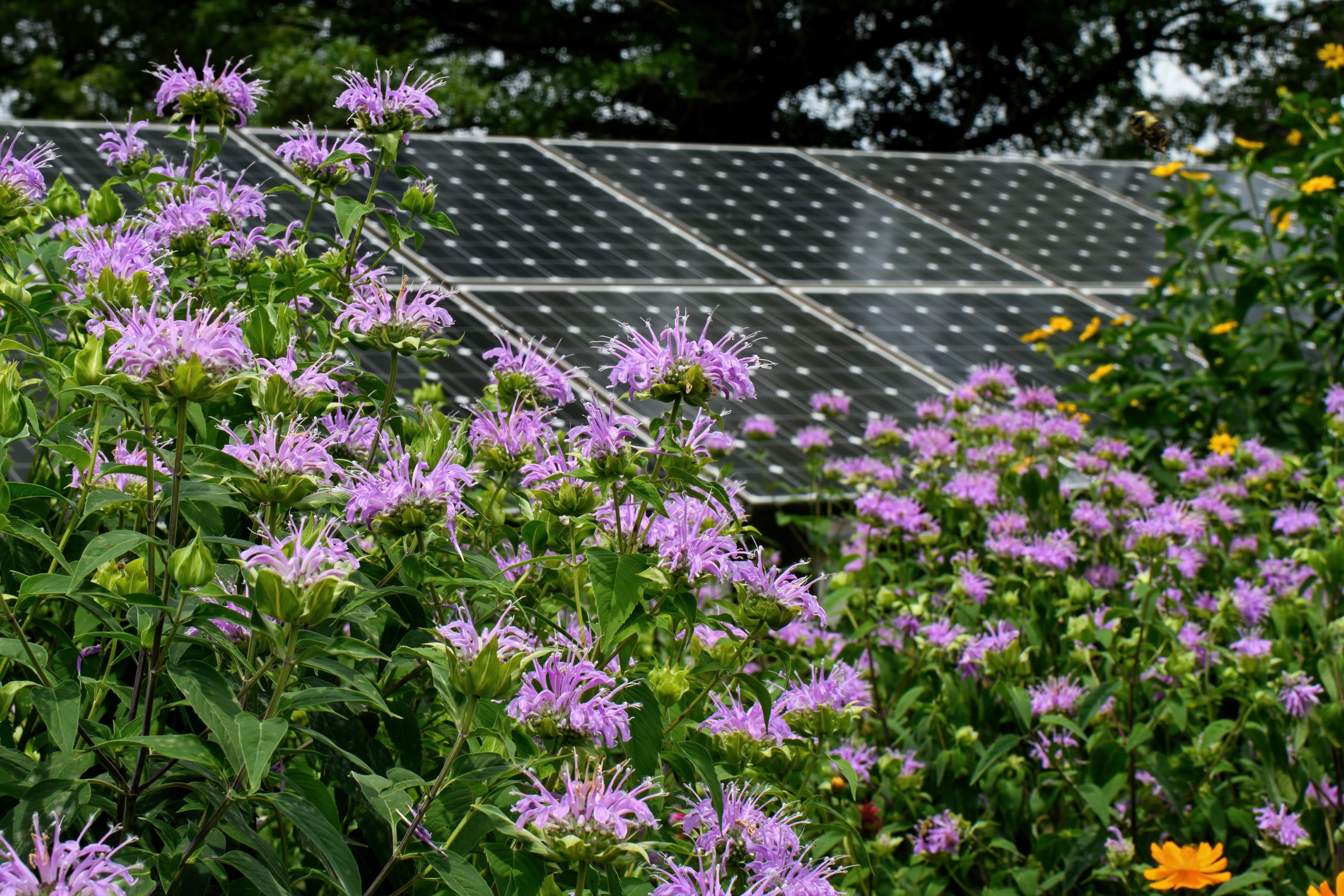
Looking back at 2023
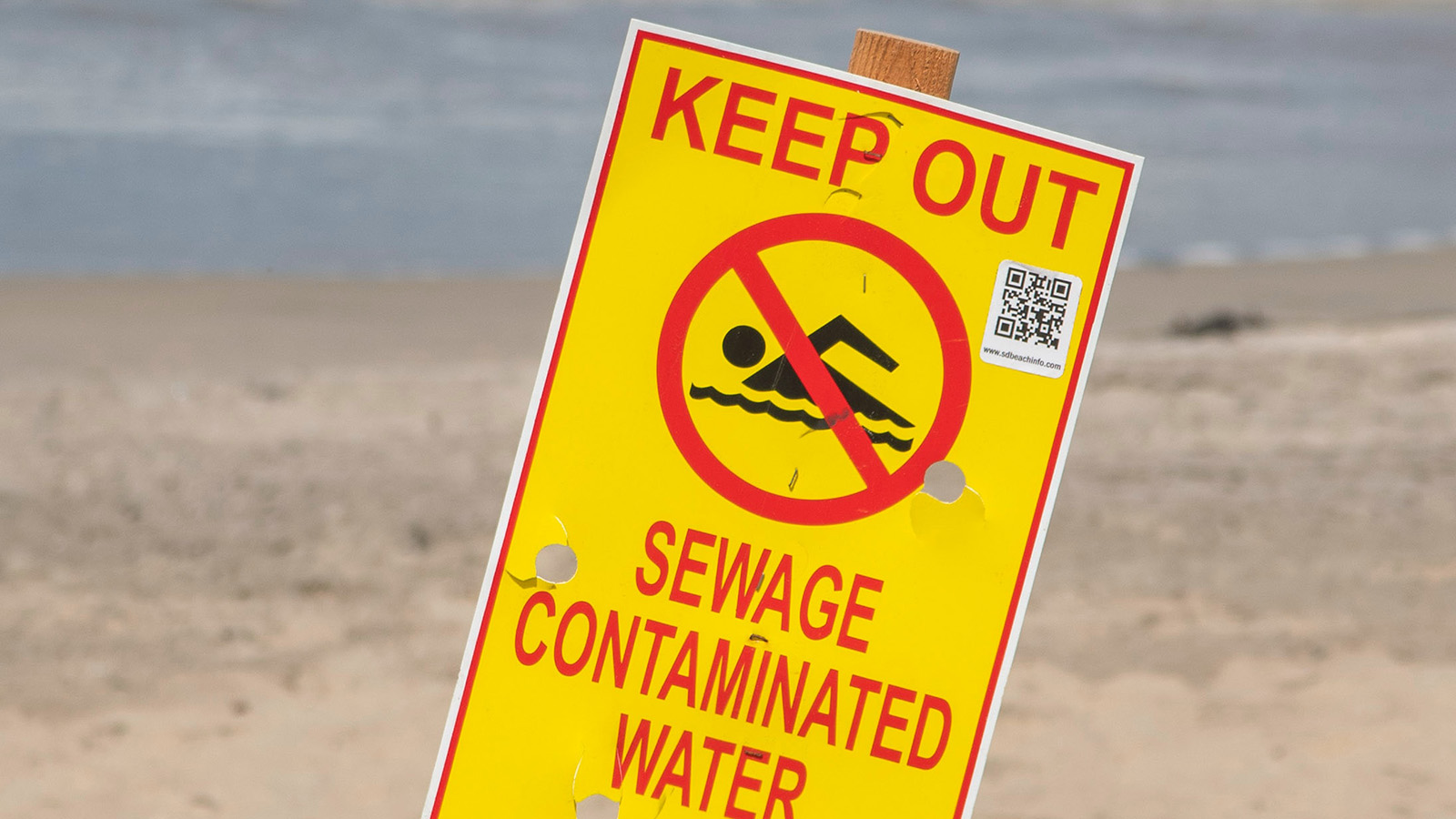
July Newsletter: Safe for Swimming?
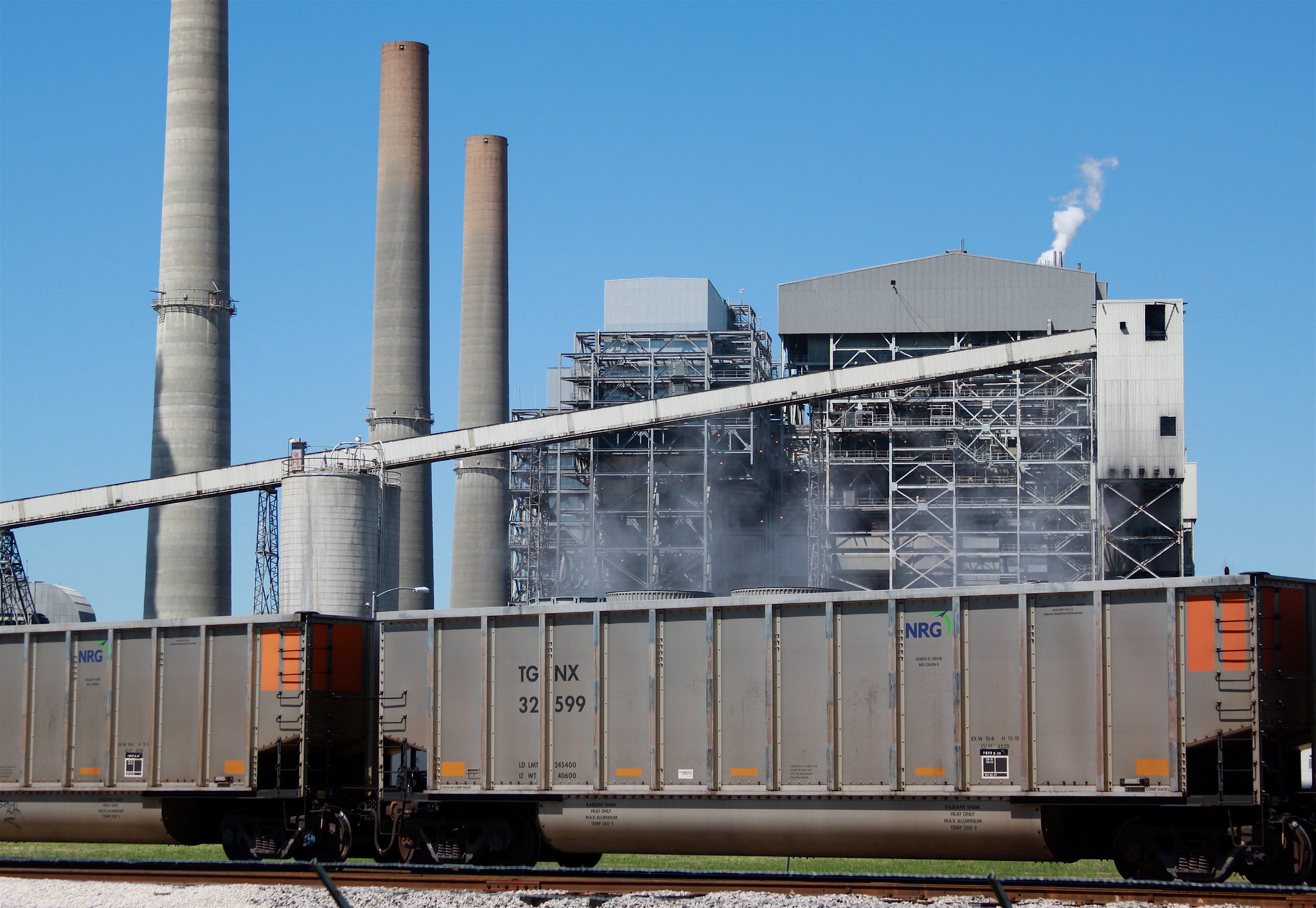
May newsletter: America’s top climate polluters



